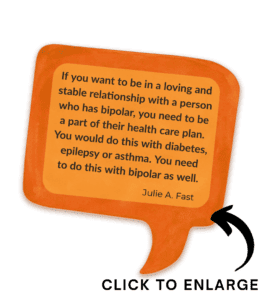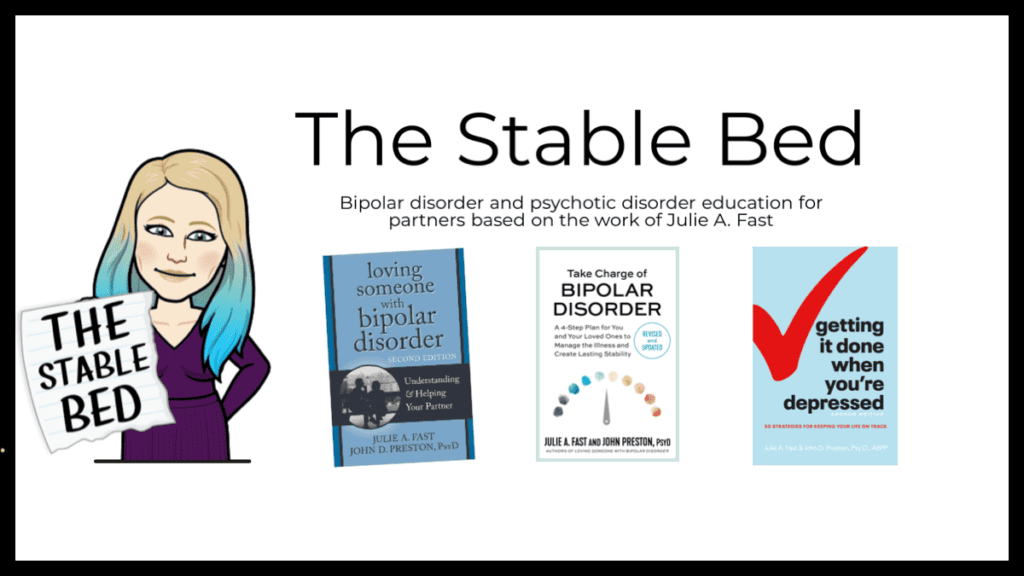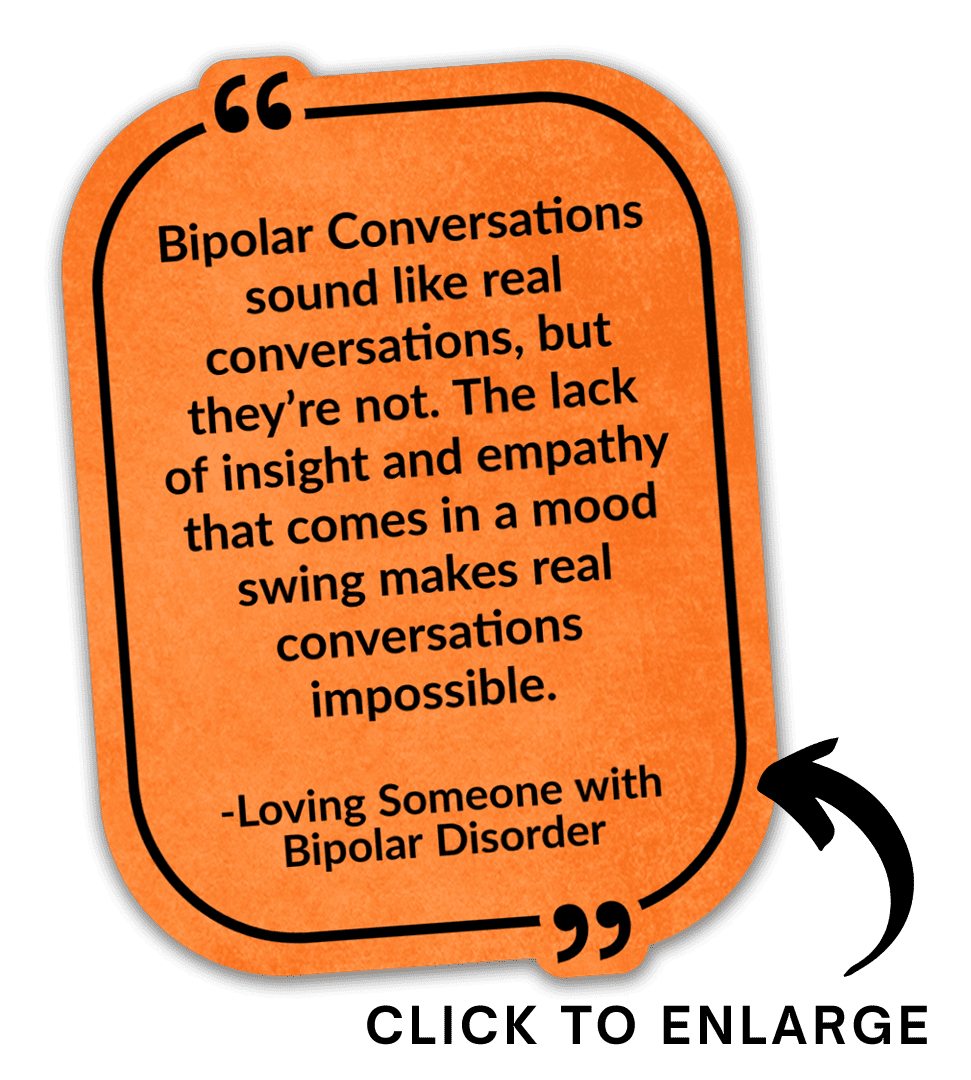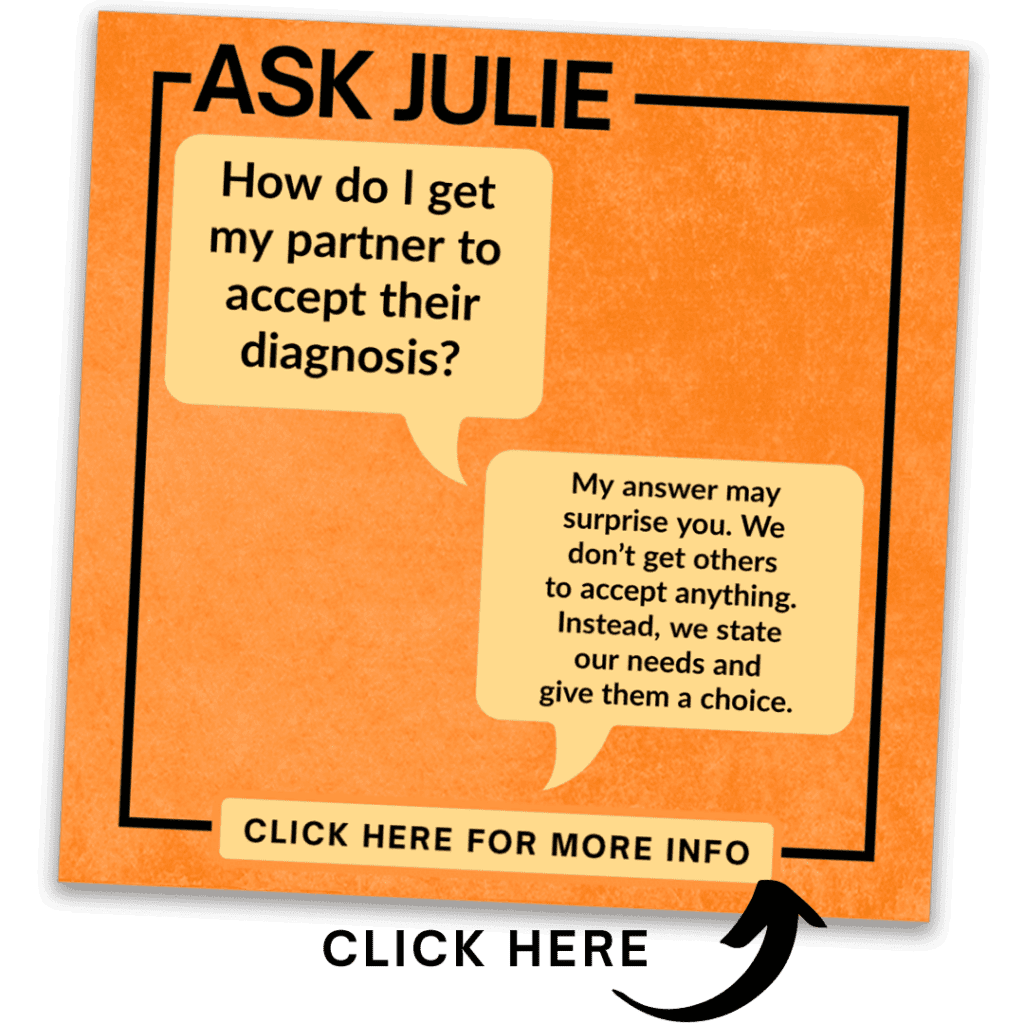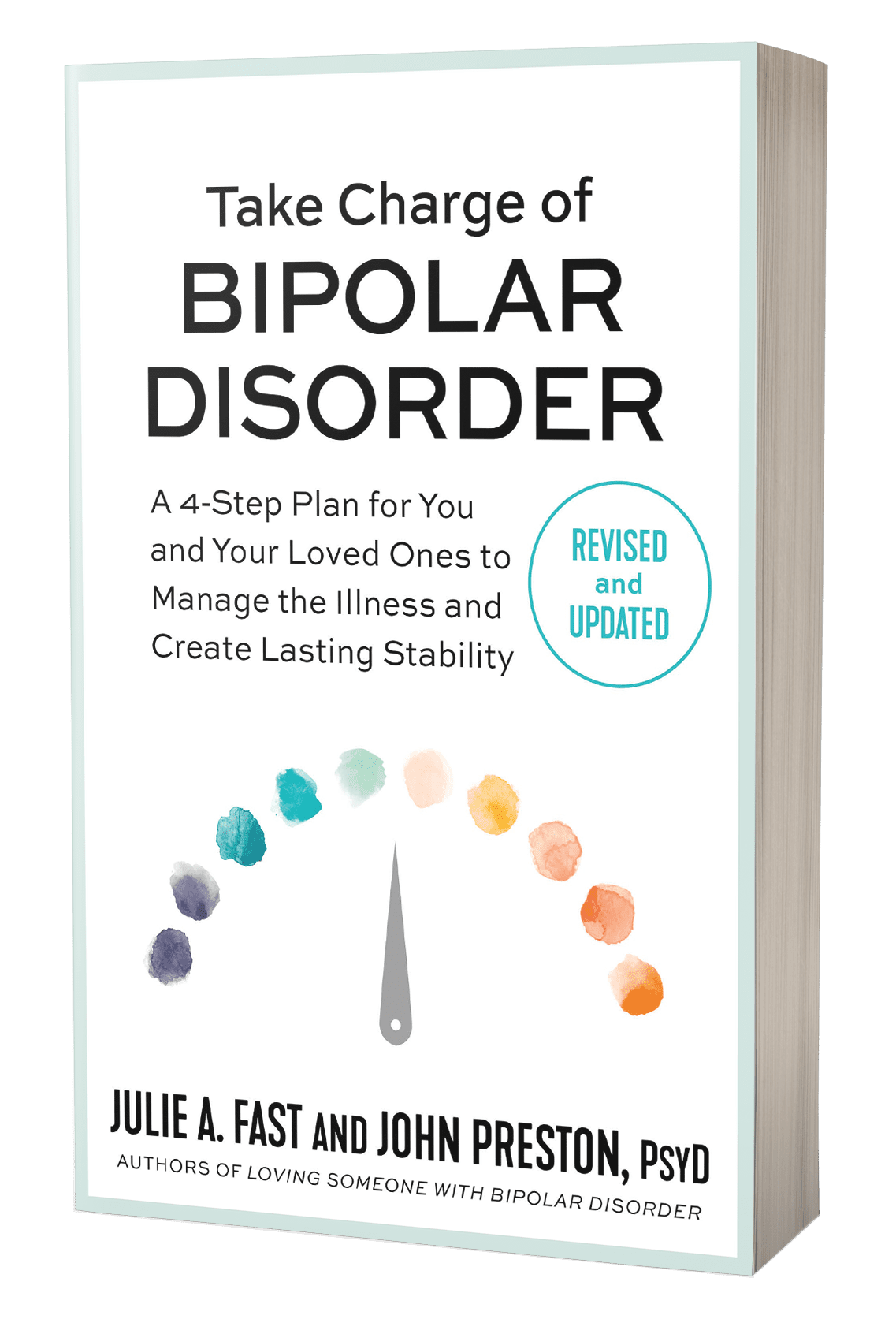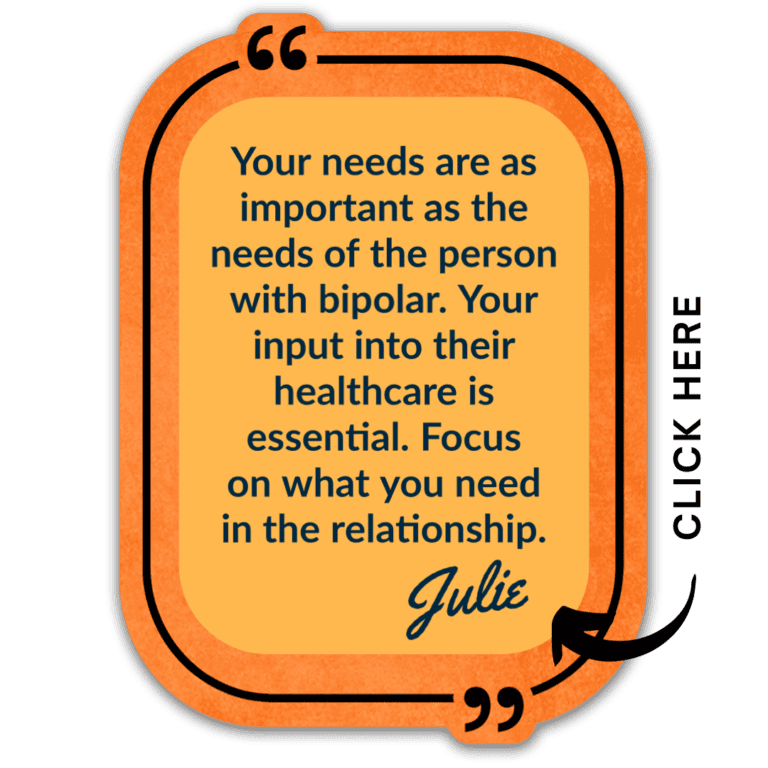
Julie's Newsletter
Strategies and skills for family, caregivers, partners, coparents and healthcare professionals.

Welcome to the Partners and Coparents page
This page includes information for partners and those who share children where a parent has bipolar disorder or schizoaffective disorder bipolar type. Julie wrote the first book from the perspective of a person who loves someone with a brain disorder and regularly trains therapists, social workers and healthcare professionals who work within the bipolar community. Your experience as a partner of a person with bipolar disorder is unique. No one understands your situation unless they have lived through what you experience. Julie shares her story as a long term partner of a person with bipolar one and always respects your needs, especially if you share children with the person with bipolar. She is respectful of everyone involved and offers a compassionate and proven plan that works to keep relationship stable. At the same time, she addresses the tough topics include those with bipolar who can’t and won’t get help as well as those experiencing symptoms due to a substance such as cannabis marijuana. This page works in tandem with her plan in Loving Someone with Bipolar Disorder to help you find stability in your life when you care about someone with bipolar disorder.

Welcome to the Partners and Coparents page
This page includes information for partners and those who share children where a parent has bipolar disorder or schizoaffective disorder bipolar type. Julie wrote the first book from the perspective of a person who loves someone with a brain disorder and regularly trains therapists, social workers and healthcare professionals who work within the bipolar community. Your experience as a partner of a person with bipolar disorder is unique. No one understands your situation unless they have lived through what you experience. Julie shares her story as a long term partner of a person with bipolar one and always respects your needs, especially if you share children with the person with bipolar. She is respectful of everyone involved and offers a compassionate and proven plan that works to keep relationship stable. At the same time, she addresses the tough topics include those with bipolar who can’t and won’t get help as well as those experiencing symptoms due to a substance such as cannabis marijuana. This page works in tandem with her plan in Loving Someone with Bipolar Disorder to help you find stability in your life when you care about someone with bipolar disorder.
Julie's Newsletter
Strategies and skills for family, caregivers, partners, coparents and healthcare professionals.




Julie's
Partner and Coparent Protocol
The following protocol list covers the system Julie teaches in her books as well as to her clients and workshop participants. This is an area Julie knows well as she was in a long term relationship with a wonderful person who has bipolar one disorder. She has worked directly with partners for over 20 years and is able to provide insight as a partner herself as well as a partner who has bipolar disorder.

Be clear on your needs
Yes, your needs are first on the protocol list. Focusing on who you are and what you need in a romantic and or parenting relationship is the only thing that works. What do you need in order to have a relationship with the person who has bipolar disorder? Loving Someone with Bipolar Disorder will help with this process.

Get a robust diagnosis for a loved one. Is it bipolar? Is there a separate anxiety or psychotic disorder? Etc
It’s common for a person with bipolar to have a separate diagnosis of anxiety or a psychotic disorder.

Read Take Charge of Bipolar Disorder
Start using the Bipolar Significant Seven strategies. Substance use including cannabis marijuana the main trigger of bipolar episodes.

Focus on your brain health
Get help for your own anxiety and experiences that arise from caring about someone who has bipolar disorder and/or psychosis. You are separate from the person with the illness. Your health and especially your sleep matter too.

Learn Julie’s communication system
This way you can talk to a loved one in an episode without creating defensiveness in the partner or fear in yourself.

Create a relationship with your loved one’s health care team
Yes, this can be difficult, but it’s essential if you want to help a loved one. This is a process you can learn.

Focus on a sleep plan
Work with a loved one to create a sleep plan that everyone can understand and use.

Decide what works for you
Share this with your partner.

Keep up on the latest research through Julie’s research page
Click here for the research page.

Make prevention the goal
You can learn about prevention and pass on the information to a loved one.
How to
use Julie’s Books in Your Relationship
Julie’s books are for you. It’s not suggested that you give her books to a person with bipolar. They will seek her work when the time is right for them. The books are for your needs and your plan. The books help you find what works and what doesn’t work in terms of managing bipolar disorder from your perspective. It’s great if your partner wants to use the books with you, but please know that it may be just you for a while as a partner finds enough stability to get started on a plan.
Loving Someone with Bipolar Disorder is about you. It sees your perspective and shows you how to create a plan that allows you to work with the person who has bipolar disorder. It’s a hopeful book with a proven plan.
Take Charge of Bipolar Disorder teaches a management and prevention plan that has been used around the world since 2006. It was the first book to teach management skills to people with bipolar and is the gold standard for the system used by most people today. It includes the original bipolar Triggers List, information on Sleep and Diet, Communication Skills, How to work with Health Care professionals, Julie’s life saving Bipolar Disorder Significant Seven List on substances that affect the brain and much more. There are caregiver sections throughout the book.
Seeing a partner suffer with depression can lead to feelings of hopelessness. Getting it Done When You’re Depressed teaches practical strategies you can learn and then share with your partner or coparent.
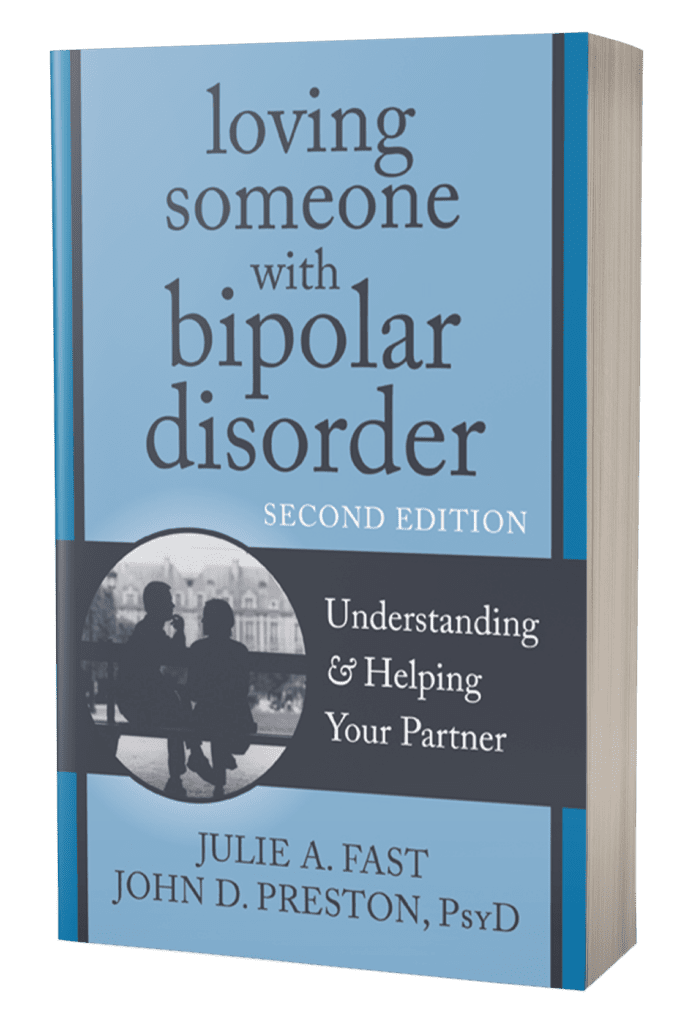
How to Use Loving Someone with Bipolar Disorder in Your Relationship
Julie suggests using the strategies in Loving Someone with Bipolar Disorder instead of giving the book to your partner or coparent. This is a very partner specific book that Julie created based off of her experience as a partner of a husband with bipolar one and her 20 years of working directly with partners and coparents. The book can be difficult to read for those just diagnosed with bipolar disorder. For this reason, it is recommended that you use Loving for yourself and then use Take Charge of Bipolar Disorder if you want to read a book together.
How to Use Take Charge of Bipolar Disorder in your relationship
Take Charge of Bipolar Disorder is the perfect book to use together or with a team if you’re in a situation with a coparent where treatment and management are part of a custody case. Take Charge is a good companion to Loving as it speaks directly to the person with bipolar disorder while also offering specific advice for family and partners. Take Charge was the first bipolar disorder management book and the second edition adds even more of Julie’s research into the strategies that promote stability.
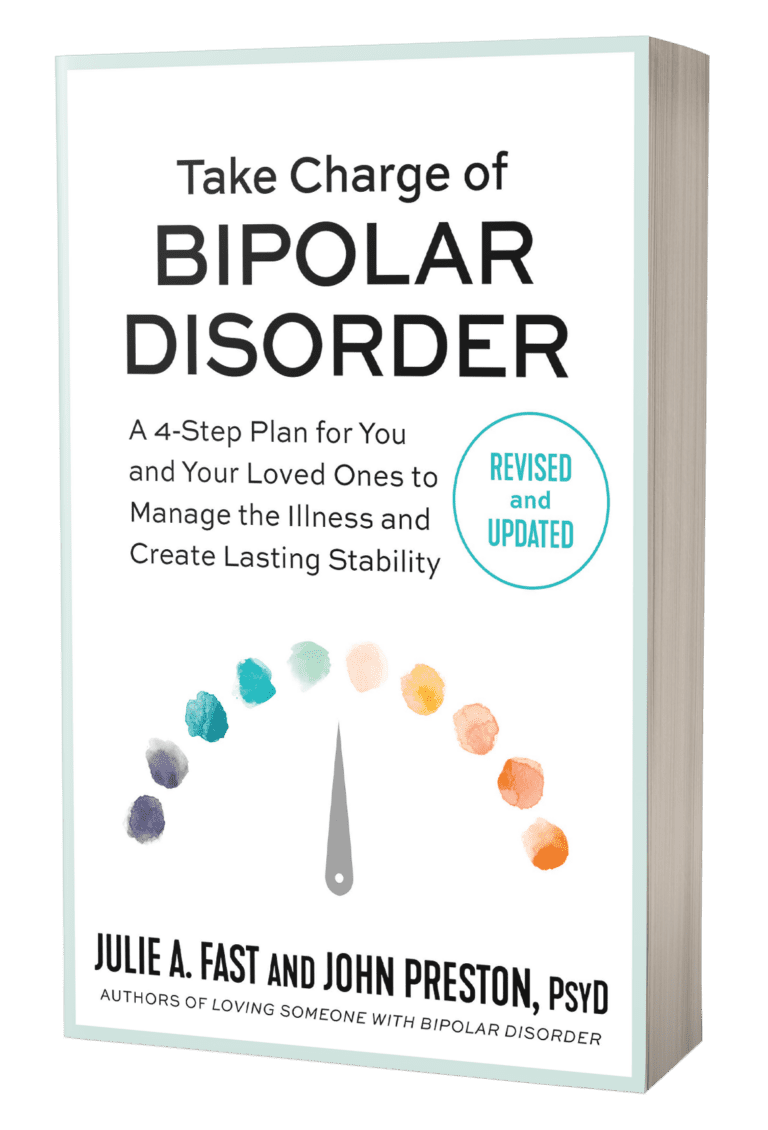
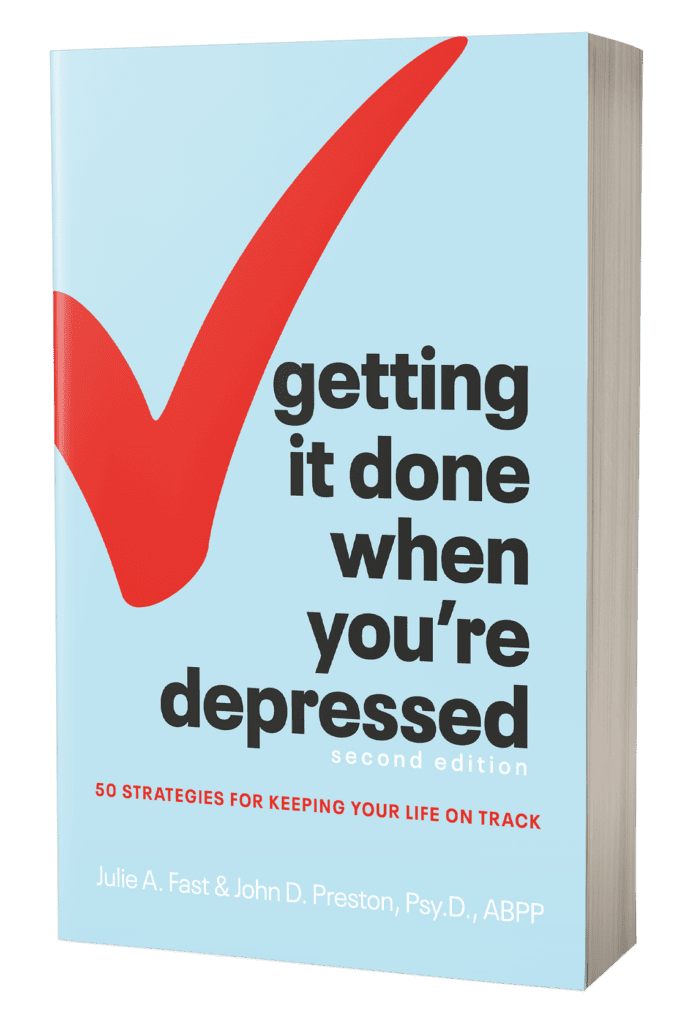
How to Use Getting it Done When You’re Depressed in Your Relationship
Julie suggests using the strategies in Loving Someone with Bipolar Disorder instead of giving the book to your partner or coparent. This is a very partner specific book that Julie created based off of her experience as a partner of a husband with bipolar one and her 20 years of working directly with partners and coparents. The book can be difficult to read for those just diagnosed with bipolar disorder. For this reason, it is recommended that you use Loving for yourself and then use Take Charge of Bipolar Disorder if you want to read a book together.

The Stable Bed
The Stable Bed on Facebook is a private group for partners who care about someone with bipolar disorder. It also addresses the situations that arise in a relationship when the bipolar is not managed. The Stable Bed has posts on bipolar and psychosis treatment and management, medications, substances that affect the bipolar brain such as cannabis, working with health care professionals, communication during a mood swing, custody and more. The group focuses on the system Julie teaches in Loving Someone with Bipolar Disorder: Understanding and Helping Your Partner.
The Stable Bed includes the following topics: How to work together for stability. Questions such as…Why do partners leave while in a mood swing? How do I talk to my partner about getting help? Will my partner ever get better? And many more topics including custody, medications, substances and communication.
Julie’s work in the courts regarding divorce and coparenting along with custody agreements is done through her coaching and workshops. Julie announces her schedule on The Stable Bed and in the partner newsletter.

Article and Video
Resources
The following resources for partners and coparents will help you figure out what you need in a relationship with someone who has bipolar disorder and/or a psychotic disorder. Julie’s system works for people of all ages and is based on the idea that getting your needs met while helping someone who experiences mood swings and psychosis is essential and possible. The article and video resources on the home page offer basic information on bipolar disorder. This is a good place to start. The next step is approaching the topic from a partner’s perspective.
Have you ever thought…What about me? If so, you’re not alone. There is often a lot of attention on the person with the illness. This can feel lonely and frustrating. The goal is a balance of your needs and the needs of the person with the illness.
If your partner is working with you at this time and you’re looking for a plan that you can use together, start with Loving Someone with Bipolar Disorder for a plan from a partner perspective and then use the management and prevention plan in Take Charge of Bipolar Disorder for an overall plan. Bipolar can be managed. This takes a plan, but it’s possible to keep the relationship stable and strong.
The following articles and videos are for the challenges you may face while you create a plan with a partner or coparent.


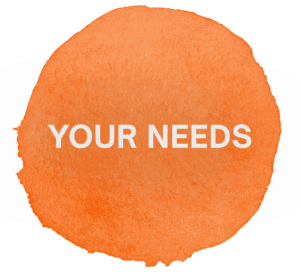
You have a different experience of bipolar than the person with bipolar. Your needs around this illness are important. When you learn to focus on what you need from the person with bipolar instead of telling the person with what they should or need to do, the dynamics change and you can be heard.
Loving Someone and with Bipolar
Reciprocal Relationships: Parenting Your Adult Child While Meeting Your Needs

You are not responsible for the health of your partner. It’s not possible to make someone get treatment. Bipolar mood swings have a lot of built in defensiveness that you will probably encounter if you tell someone to get help. Julie’s system teaches a way to talk about treatment that prevents conflict.
How Can I Get My Partner to Accept Their Diagnosis?
How to Talk to a Loved One about Getting Treatment For Bipolar

You experience bipolar disorder as the observer. You’re often on the receiving end of symptoms and in many cases, you are the first to observe a mood swing as soon as it begins. For this reason, it helps to be very clear with yourself on how bipolar disorder symptoms impact you and the relationship. The more you know about the symptoms and how to recognize them as early as possible so that you can avoid the communication and relationship struggles that come with unmanaged bipolar. The following articles offer a wide array of symptoms you may see when a person is in an episode.
7 Signs a Loved One with Bipolar Disorder Needs Help
A Letter from a Euphoric Manic Person
The End of Bipolar Depression Isolation
Three Physical Signs of a Serious Bipolar Depression Downswing
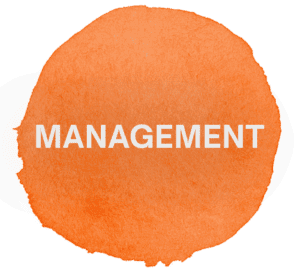
It’s hard to figure out what to do when a loved one is ill. For this reason, you can learn to recognize symptoms early and then have a plan in place that works to bypass the stress of the situation. You can avoid The Bipolar Conversation (Julie’s bipolar books including Take Charge of Bipolar Disorder explains this process) and teach yourself to recognize the very beginning of a mood swing.
How to Help a Loved One with Bipolar Depression
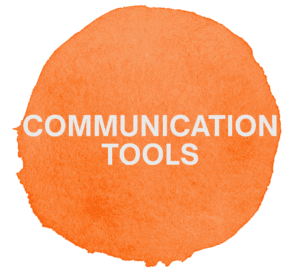
When you talk to a partner or coparent in an episode, you’re not talking to the person you’re talking to the bipolar disorder. Learning to the Bipolar Conversation is the number one communication tool Julie suggests in any relationship. Take Charge of Bipolar Disorder and Loving Someone with Bipolar Disorder each have a chapter on this topic.
The Bipolar Conversation: A Communication Tip to Change Your Life
How to Explain Everyone DOES NOT Have a Form of Bipolar Disorder

Sharing your needs with a healthcare professional. I teach that all partners need to be involved in a partner’s bipolar health care. This is true even if your partner doesn’t want you involved at this time. This is about you and your observations. If you approach the situation from your point of view, interacting with healthcare professionals is about family health.
The article below was written for a parent of a young child, but the process is the same for partners. It’s about your observations around the bipolar. When you focus on what you see and experience and then share your needs, this gets your voice heard while still being respectful of the person with bipolar mood swings. This is essential if your partner is not sharing all of their symptoms or is too ill to report symptoms at this time.
When Your Child Needs A Therapist: How To Effectively Report Symptoms
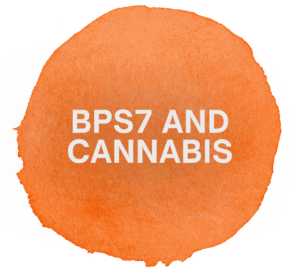
Start with the Bipolar Significant Seven (BPS7) chapter in Take Charge of Bipolar Disorder and figure out your opinion and stance on the substances that affect the bipolar brain. There is an excerpt from the chapter at the bottom of this page.
Why are People with Bipolar Drawn to Drinking & Substance Abuse?
Why Can’t I Take Antidepressants or ADHD Meds If I Have Bipolar Disorder?
Can Energy Drinks Cause Bipolar Disorder Mania?
Cannabis Workshops

Untreated bipolar disorder negatively affects relationships. It is possible to manage the illness, but in some relationships, the partner is either not able or not willing to address the illness. Unmanaged bipolar can lead to out of control symptoms that are hurtful and often dangerous. This is especially true if a substance such as cannabis marijuana is making the illness worse. You can only do so much as a partner. The first step is to learn as much as possible about bipolar symptoms through Julie’s books so that you can learn to recognize what is bipolar as compared to a partner’s personal choice or addiction. The next step is figuring out what you need and then finding support to help you come up with a plan.
The “Hijacked House”: Tips for Parents of Adult Children with Bipolar Disorder Living at Home
What Does It Mean to Have a “Hijacked House” with Bipolar? (Video)
Why Is My Loved One with Bipolar Suddenly Being Difficult and Unkind?
My Partner With Bipolar Cheated on Me When Manic & Hypersexual
Three Bipolar Disorder Symptoms No One Wants to Talk About (Article):
Three Bipolar Disorder Symptoms No One Wants to Talk About (Video):
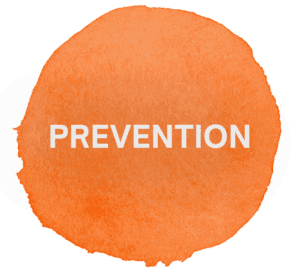
People who care about a person with bipolar are often much better at recognizing triggers of the illness than the person who is ill.
Why You Need to Help Your Loved One Prepare for Bipolar’s Big Triggers in Advance
The Best Question to Assess Bipolar Mood Stability—How Is Your Sleep?
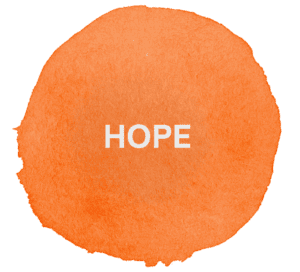
Bipolar disorder can be managed. It takes teamwork and a plan, but a stable relationship is possible. People with bipolar disorder can be great parents and loving partners.
Recognizing Signs of Bipolar Stability
Do People with Bipolar Disorder “Recover”?
Take Charge of Bipolar Disorder works to help you figure out how to recognize and manage the symptoms of bipolar disorder or schizoaffective disorder. The following is an excerpt from the Bipolar Significant Seven chapter where I share my list of the seven substances that can negatively affect the bipolar brain. This includes the reason cannabis marijuana is such a difficult substance for those with bipolar to manage.
Here are the substances you will learn about in the book. It’s life changing information and is based off of my work with many tens of thousands of people around the world who have shared their stories while we work together as well as my own experience as a person with bipolar disorder and a psychotic disorder. You can also use this list to help a loved one prevent mood swings and ultimately teach it to any family member who is genetically predisposed to developing bipolar disorder.

Stimulants

Sex and reproductive hormones

Steroids

Prescription medications

Hallucinogens

Supplements

Social drugs
Take Charge of Bipolar Disorder also includes a window into what it’s like to live with the illness. It shares the management and communication system I created over 25 years ago that is now used by millions of people around the world. Yes, you can use the strategies in the book even if your loved one is not open to treatment at this time.
Book Excerpt from the Bipolar Significant Seven Chapter in Take Charge of Bipolar Disorder
The person with bipolar disorder might be in a mood swing or unable to make bipolar, safe decisions. When you understand the Bipolar Significant Seven list, you can educate the whole family as well as your loved one’s healthcare professionals about potential mood swings you believe may be a result of a substance on the list. You can also use this list forensically to figure out current and past mood swings and share this information with your loved one’s healthcare professionals if appropriate.
Once your loved one is ready for management, this list can be discussed in detail. Please note that this is meant to be an exploration, not just a do and don’t list. People with bipolar disorder have human needs separate from managing bipolar disorder and they will naturally seek help from a substance for these needs. It helps to first understand the need and then discuss the use of the items on the list. This is especially true if a substance is being used to feel better during a mood swing. The items listed for each category include substances known to affect the bipolar brain, but please note these are not definitive lists and your loved one may not react to every item listed. The goal is increased awareness around their ability to make bipolar safe decisions in every area of life.

What's next?

Start with Loving Someone with Bipolar Disorder. It will answer most of your questions about life with a partner who lives with depression, mania, anxiety, psychosis and more.

Read Take Charge of Bipolar Disorder and determine what strategies you will use with talking with a loved one about bipolar disorder.

Join The Stable Bed and Julie’s Partner Newsletter.

Get clear on what YOU need, not what the person with bipolar needs to do. Work towards a reciprocal relationship where you participate in a loved one’s treatment if that is what you need. This is possible even if the person doesn’t allow you to take part in their treatment. This is about your education and your needs.

Give yourself time to learn about the illness and come up with a plan for yourself. Base your feelings off of what you can do, not what the person with the illness isn’t doing. This creates some peace.

Read more about the ketogenic metabolic therapy diet for bipolar disorder here.

Join Julie on Instagram.

Check in with The Stable Bed regularly where Julie will announce her workshops and changes to this website.






